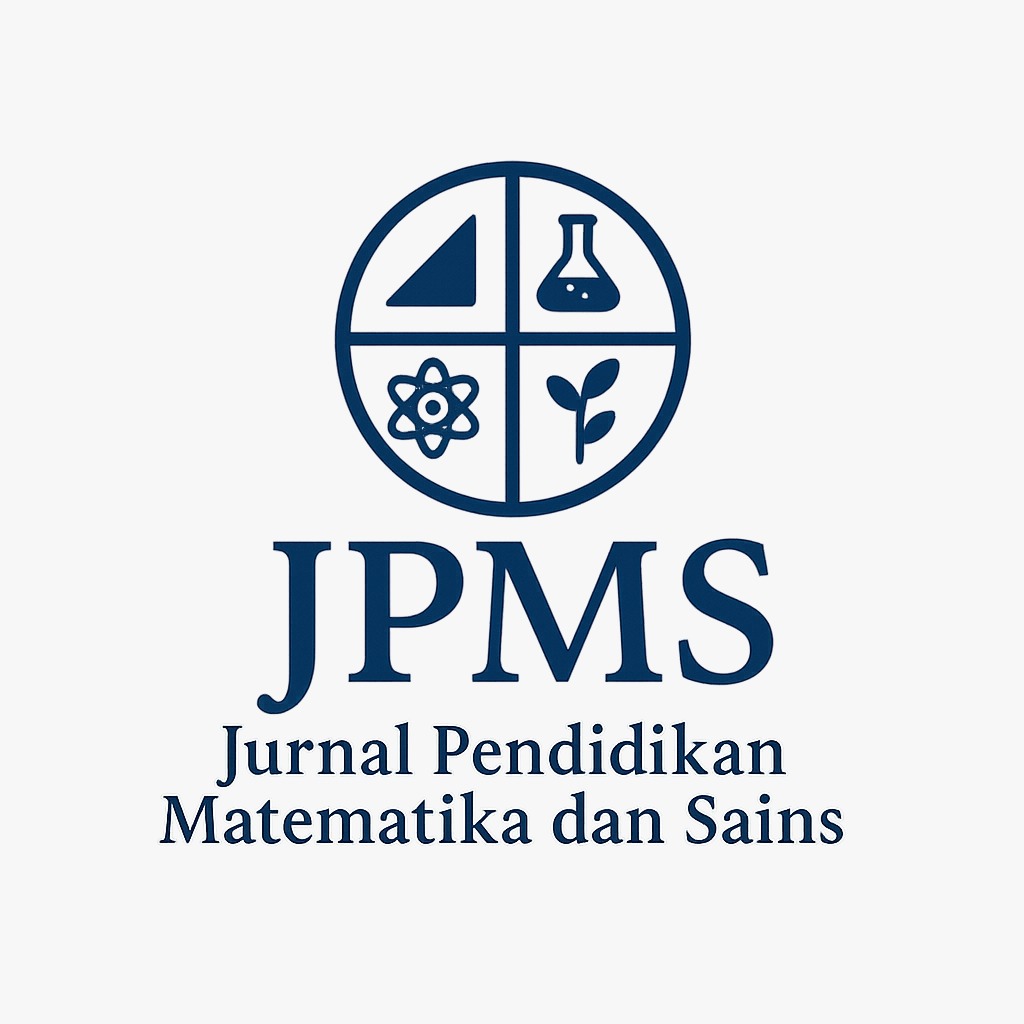Tingkat Kecemasan Siswa Field Dependent dan Field Independent dalam Menyelesaikan Soal Bangun Ruang
DOI:
https://doi.org/10.21831/jpms.v7i2.26636Keywords:
gaya kognitif, field dependent, field independent, kecemasan matematikaAbstract
References
Aggarwal, I., & Woolley, A. W. (2019). Team creativity, cognition, and cognitive style diversity. Management Science, 65(4), 1586-1599.
Disai, W. I., Dariyo, A., & Basaria, D. (2017). Hubungan antara kecemasan matematika dan self-efficacy dengan hasil belajar matematika siswa SMA X Kota Palangka Raya. Jurnal Muara Ilmu Sosial, Humaniora, dan Seni, 1(3), 556–568.
Engin, A., & Vetschera, R. (2017). Information representation in decision making: The impact of cognitive style and depletion effects. Decision Support Systems, 103(1), 94-103.
Fauziah, N., & Pujiastuti, H. (2020). Analisis tingkat kecemasan siswa dalam menghadapi ujian matematika. Transformasi: Jurnal Pendidikan Matematika dan Matematika, 4(1), 179-188.
Green, M. F., Horan, W. P., & Lee, J. (2019). Nonsocial and social cognition in schizophrenia: Current evidence and future directions. World Psychiatry, 18(2), 146-161.
Hartatik, S., & Fitriyah, F. K. (2018). Identifikasi kecemasan matematika pada mahasiswa program studi pendidikan guru sekolah dasar. Jurnal Bimbingan Konseling Indonesia, 2(2), 31-33.
Held, M. L., Cuellar, M. J., & Cook Heffron, L. (2018). A study of social work students' knowledge and perceptions of stages of Latino immigration. Journal of Social Work Education, 54(1), 61-78.
Hidayah, L., Ayu, I. K., & Faradiba, S. S. (2017). Teori beban kogntif dalam kecemasan matematika. Jurnal Ilmiah Pendidikan Matematika, 2(2012), 105-109.
Hidayat, A. (2017). Konsep diri dan kecemasan mahasiswa dalam pemecahan masalah matematika bisnis ditinjau dari perbedaan gaya kognitif field dependent dan field independent. Jurnal Gammath, 2(1), 55-64.
Kurniawan, D. A., Perdana, R., & Kurniasari, D. (2018). Identification of student attitudes toward physics learning at Batanghari District high school. The Educational Review, 2(9), 475-484.
Maharani, I. P., & Subanji, S. (2018). Scaffolding based on cognitive conflict in correcting the students' algebra errors. International Electronic Journal of Mathematics Education, 13(2), 67-74.
Mulyono. (2010). Konstruksi pemahaman konsep grafik fungsi mahasiswa bergaya kognitif field independent. Jurnal Pendidikan Matematika dan Sains, 1(2), 57-63.
Raptis, G. E., Fidas, C., & Avouris, N. (2018). Effects of mixed-reality on players' behaviour and immersion in a cultural tourism game: A cognitive processing perspective. International Journal of Human-Computer Studies, 114(1), 69-79.
Simamora, R. E., & Saragih, S. (2019). Improving students' mathematical problem solving ability and self-efficacy through guided discovery learning in local culture context. International Electronic Journal of Mathematics Education, 14(1), 61-72.
Sujito, S., Budiharso, T., Solikhah, I., & Mutaqin, W. M. (2019). The effect of analogy variations on academic writing: How Indonesian EFL students perform with different cognitive styles. Journal of Social Studies Education Research, 10(1), 116-132.
Syafri, F. S. (2017). Ada apa dengan kecemasan matematika?. Journal of Mathematics Education IKIP Veteran Semarang, 1(1), 59–65.
Downloads
Published
How to Cite
Issue
Section
Citation Check
License
Jurnal Pendidikan Matematika dan Sains allows readers to read, download, copy, distribute, print, search, or link to its articles' full texts and allows readers to use them for any other lawful purpose. The journal allows the author(s) to hold the copyright without restrictions. Finally, the journal allows the author(s) to retain publishing rights without restrictions
- Authors are allowed to archive their submitted article in an open access repository
- Authors are allowed to archive the final published article in an open access repository with an acknowledgment of its initial publication in this journal

This work is licensed under a Creative Commons Attribution-ShareAlike 4.0 Generic License.





